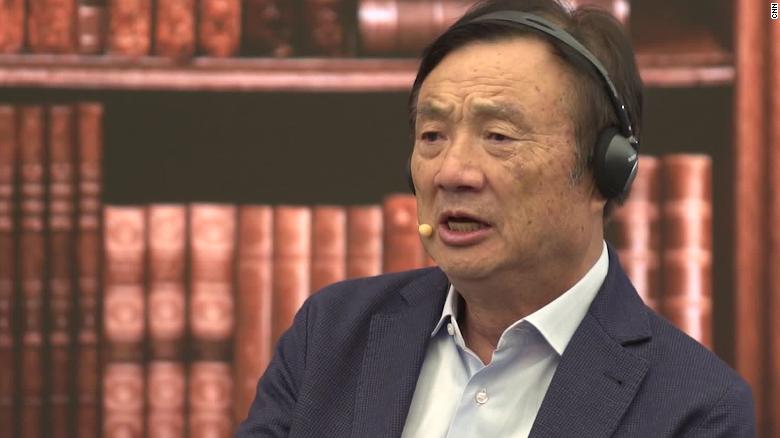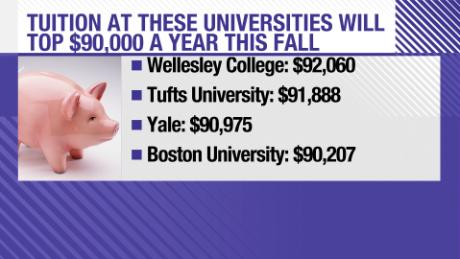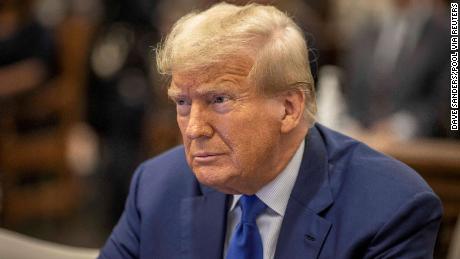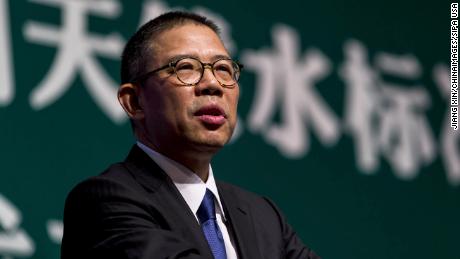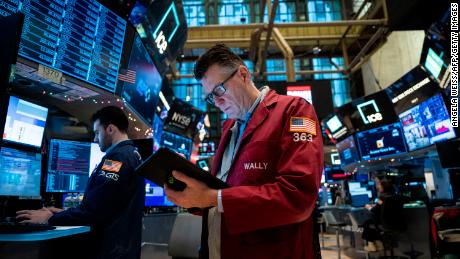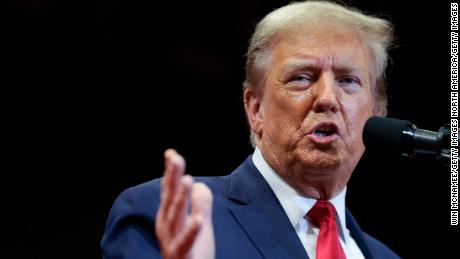Shenzhen (CNN Business)Huawei is still growing despite a continued US campaign aimed at crimping its global reach.
Sales jumped to more than $58 billion in the first six months of this year, boosted by growth in the Chinese tech firm's smartphone business and an uptick in 5G network contracts, it said Tuesday.
The Shenzhen-based company said that revenue for the first half of 2019 jumped by about 23% compared to the same period last year.
Huawei sells more telecommunications equipment than any other company in the world, and is a leading smartphone brand that competes with the likes of Samsung (SSNLF) and Apple (AAPL).
The company's latest earnings report comes more than two months after the US imposed new restrictions on the Chinese firm. Washington placed Huawei on a trade blacklist on May 16, barring American companies from selling it software and components without a license.
Huawei chairman Liang Hua said Tuesday that operations are smooth despite the US restrictions, adding that their "core products have not been significantly affected."
The trade blacklist "has had some impact on our development, but the scope and extent of the impact is controllable," he told reporters in Shenzhen.
He added that cash flow was positive through the first six months of the year, and said the company expects to be able to use its cash to sustain "long-term development."
But Liang acknowledged that there will be challenges.
"Objectively we still face difficulties ahead," Liang said. "In the second half [of this year] and next year, we'll still face these difficulties."
The embattled Chinese tech firm has become a flashpoint in the US-China trade war. Even before the trade blacklist, the United States had been leading an effort to curb Huawei's ambitions to become the global leader of next generation wireless technology, or 5G.
Washington has been urging allies to restrict or ban the use of Huawei equipment in their 5G networks, alleging Beijing could use the company's products to spy on other nations. Huawei denies that any of its products pose a national security risk.
And while Huawei's smartphone sales are growing ŌĆö they were up 24% to 220.8 billion yuan ($32 billion) over the first half of 2019 ŌĆö Liang said the company has lost ground in markets outside of China.
The US restrictions have created uncertainties for Huawei's relationships with key partners, including Google and mobile operators that sell its smartphones.
Huawei smartphones run on Google's Android operating system and come with popular apps like Google Maps and Gmail. Without access to Google services, Huawei's devices become a lot less attractive to users outside of China.
Current Huawei smartphones, such as the flagship Mate 20 X, are approved to use the Android operating system and Google services. But Liang said "it's up to the United States" to decide if Huawei can continue using Google software on upcoming phones.
Huawei has been developing its own operating system. But the company reiterated that it would rather use Google's services and software if possible.
